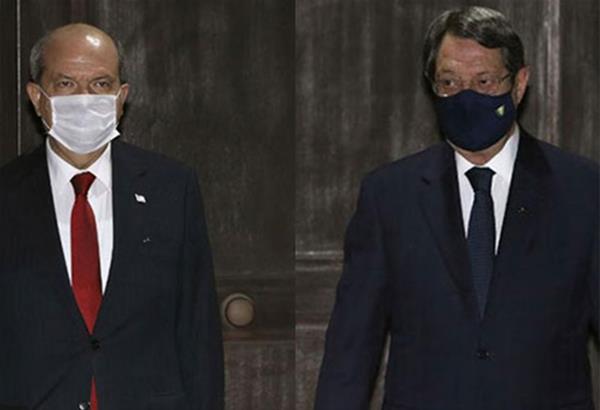
The Greek Cypriot side must with consistency, clarity and convincingly convey the message of its readiness for a bi-zonal, bi-communal federal solution
Statement by AKEL C.C. Spokesperson Stefanos Stefanou on Anastasiades-Tatar dinner
AKEL C.C. Press Office, 4th November 2020, Nicosia
Yesterday’s Anastasiades-Tatar meeting confirmed that the new leader of the Turkish Cypriots insists on putting confederation and partitionist solutions on the table.
This demand put forth by Tatar and Erdogan is outside the framework of the UN Resolutions and undermines the effort for a new initiative of the UN Secretary General on the Cyprus problem. Any abandonment of the agreed framework for a bi-zonal, bi-communal federal solution and the search for a two-state solution will lead to a new cycle of instability and tension in Cyprus.
The only way forward is the resumption of the negotiations from the point where they had remained at Crans Montana based on the agreed framework, as the Secretary General of the UN has repeatedly conveyed many times.
Initiatives and efforts are needed today to annul Turkey’s attempt to change the basis for a solution to the Cyprus problem. This was the message which the General Secretary of AKEL had expressed during his visit to Athens where he had constructive meetings with the state and political leadership of Greece.
AKEL reiterates that in the face of these tactics of Turkey and Mr. Tatar, the Greek Cypriot side must with consistency, clarity and convincingly convey the message of its readiness for a solution of bi-zonal, bi-communal federation with political equality as described in the Resolutions of the United Nations.




